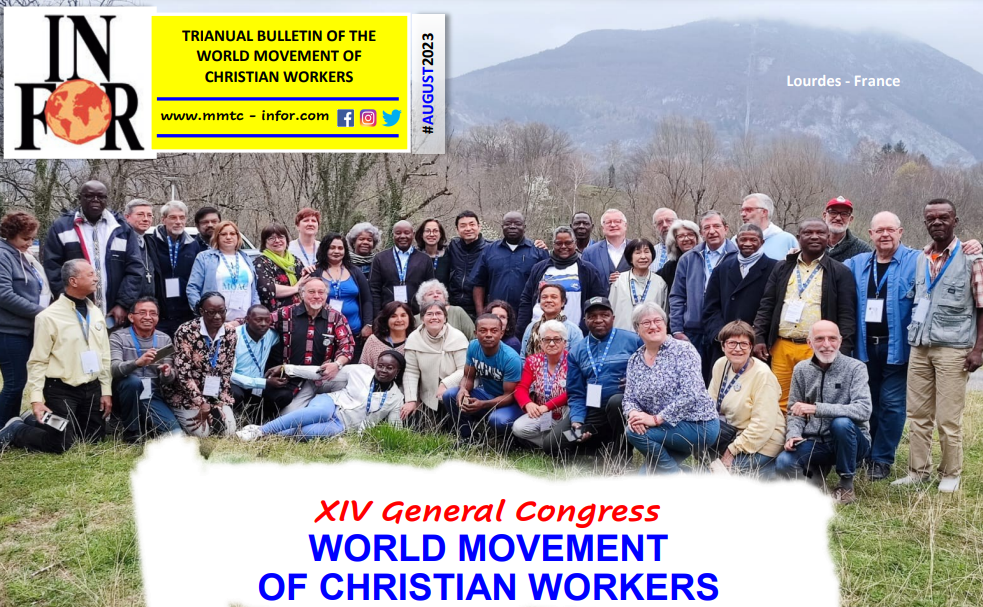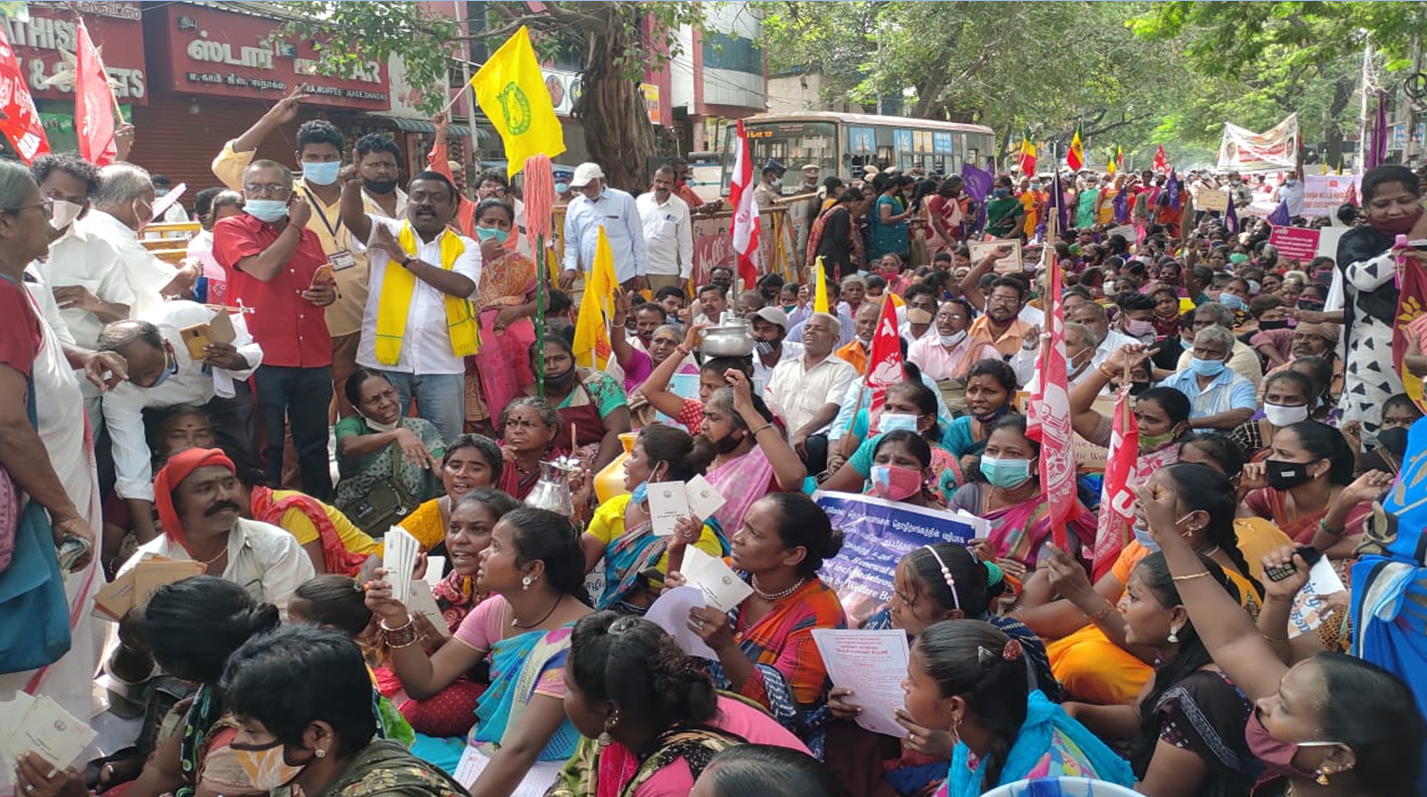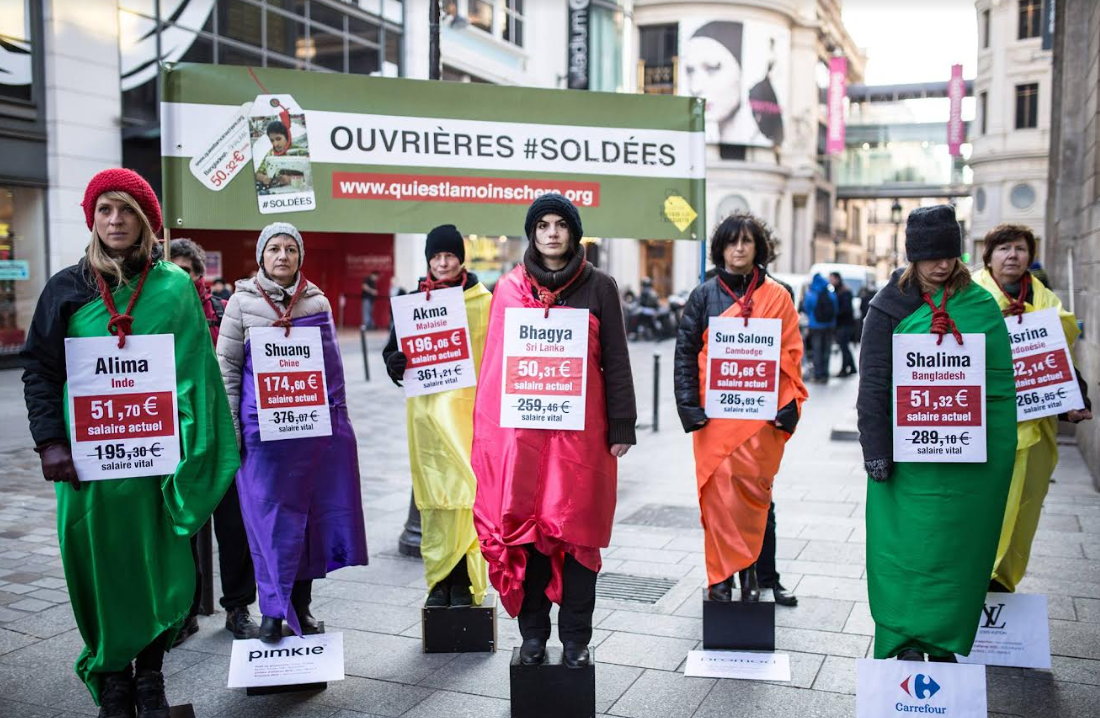MMTC/WBCA/WMCW on Facebook
Recent Articles
- International Migrants Day 2025 – Testimonials and Actions
- MESSAGE FROM WMCW FOR THE INTERNATIONAL MIGRANTS DAY 2025
- Europe Day 2022: Statement of European Christian Workers Movement (ECWM)
- CFSM Singapore: Review of Life on International Women's Day
- MCW England: "A Poverty of Health"
- Joint Seminar of the YCW and MCW on the International Day for Decent Work [Video]
- MCW England: MCW Review - September 2021 Issue
- MCW England: July 2021 issue of MCW Review
- ECWM Yearly Seminar in Birmingham, UK: "Digital work - working anytime, anywhere - impact on workers and their families"
- ICYCW Latin American Webinar: "Empowering Young Workers to act"








